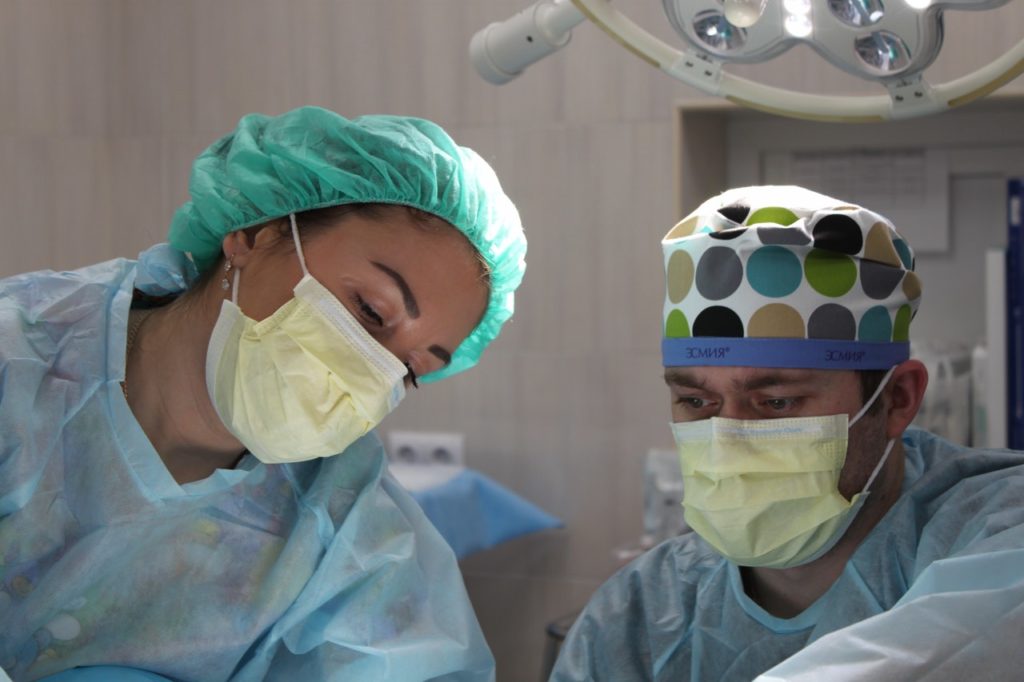The typical road to a medical career requires four years of medical school and another three to seven years of residency, depending on the specialization. This totals seven to 11 years of work to become a professional.
It is not the ideal path for everyone. The years’ worth of study, in addition to student loans, makes this apparent.
But those who are already at a later stage in their life do not have to lose hope. This does not immediately mean that finding a job in healthcare is impossible.
The Association of Schools Advancing Health Professions defines allied health as encompassing professions aside from medicine and nursing. Allied health professionals work directly with doctors and nurses in specialized roles.
There are allied health jobs that do not require medical degrees. Take the time to reflect on these considerations while deciding on a specific path.
Finding the Most Suitable Role for You
Everyone has inclinations and passions that move them forward. Think of the areas you are naturally drawn to. These are a great source of inspiration in making your decision.
Draw from your strengths
Knowing what you are good at offers insight into the kind of job that fits you.
Do you work well under pressure? Are you able to keep a clear mind and focus in emergencies? Emergency medical technicians (EMTs) need quick thinkers in the field, as they are first responders in urgent situations.
There is an expected 6% growth in the job outlook of EMTs and paramedics from 2019 to 2029. Becoming a licensed EMT only requires certification through a training program and EMT exams, in which a high school diploma is a minimum requirement.
Consider the causes and interests that are close to your heart, too. A passion for those suffering from heart conditions is a good starting point for choosing a career in cardiovascular technology. Alternatively, a heart for patients is important for medical assistants who interact with different kinds regularly.
Many specializations only require one to two years of training, sometimes even less. This requires much less investment in time and money compared to medical school.

Assess its effects on your current career path
Once you have found the most suitable role for you, pay attention to how the next steps will impact your current lifestyle and career direction. Prepare for these changes early on, especially if you have a family and kids you are raising.
These are helpful questions to ask:
- What are the monetary costs of a particular certification?
- Will the job need you and your family to relocate in the future?
- Does the regular work schedule require late-night or early-morning shifts?
Being ready for the answers to these minimizes the effects on your personal schedules. Additionally, early and efficient adjustments allow for a quicker and easier transition in the future.
Finding Your Purpose
Having a purpose is not only a sentimental thought. The purpose of your decision is the ultimate driving force for your daily efforts, from studying and training to finally practicing.
Your passion sparks the field that suits you best, but your purpose keeps you moving forward daily. But these do not have to be two completely separate ideas. Morten Hansen reports that employees who have both passion and purpose perform better at work.
You find yourself in the best position to take further action for your future when your passion and purpose come together towards a profession that also plays to your strengths. In your journey, do not only ask how your profession can help you or propel your career onward. Especially in the field of providing health services, focus on what your service contributes.
Why Allied Health?
The allied healthcare sector provides the perfect middle ground for those who want to pursue a career in healthcare but are unable to dedicate years and years of training to achieve it. Allied health opens many opportunities for different persons without a college diploma and the expenses that come with med school.
The accessibility of allied health jobs also allows for increased flexibility, especially in the training period. Some fields also leave room for other job commitments and pursuits, which is a preferable setup for many adults today.
Never say it is too late for you without considering the many possibilities. Allied health holds numerous opportunities for every adult who is interested in going to healthcare. They can explore what this option can give them. Lastly, it is also a necessary and honorable area of service that assures quality healthcare assistance in the country.

